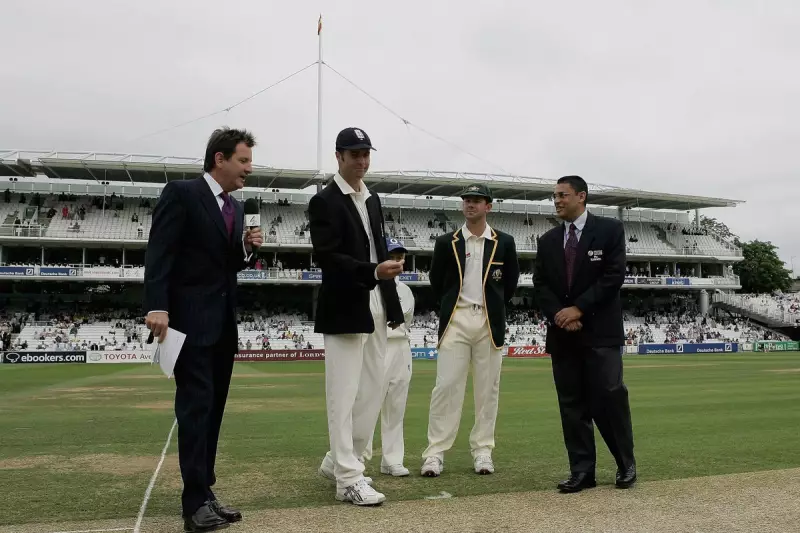
English cricket icon Sir Geoffrey Boycott has launched a formidable assault on the much-hyped 'Bazball' philosophy, dismissing it as a fleeting entertainment product rather than a sustainable strategy for winning the biggest Test series.
In a characteristically forthright column for The Telegraph, the legendary batsman argued that while the aggressive approach under coach Brendon McCullum and captain Ben Stokes has produced thrilling spectacles, its fundamental flaws were exposed during last summer's gripping Ashes contest against Australia.
The Ashes: A Reality Check for Reckless Abandon
Boycott pointed to the 2-2 series result as definitive proof that sheer aggression is not enough. "The test of cricket is the Ashes," he wrote, emphasising that the ultimate prize remained elusive. He contended that the team's refusal to adapt its all-out attacking style to match situations and pitch conditions ultimately cost them the urn.
"Test cricket requires changing gear, adapting to different conditions and bowling attacks," Boycott asserted, championing the virtues of traditional, situational batting over what he perceives as a one-dimensional and often reckless strategy.
Substance Over Style: The Boycott Batting Creed
The debate centres on a classic clash of cricketing ideologies. Boycott, a batsman famed for his immense powers of concentration and defence, stands for technical rigour and patience. He believes the current side too often sacrifices wickets for entertainment value, a trade-off he finds unacceptable at the highest level.
He expressed particular concern that young English batsmen are being taught to prioritise flashy strike rates over the foundational skills required to build long, match-winning innings under pressure.
Echoes from the Commentary Box: Atherton's Support
Boycott's scepticism is not isolated. His views found a powerful ally in former England captain and esteemed journalist Michael Atherton. Writing for The Times, Atherton concurred that the Ashes revealed a worrying lack of situational awareness within the England camp.
Atherton highlighted the missed opportunity at Lord’s, where a more measured approach could have secured a victory, and the careless batting collapse at The Oval that nearly cost England a hard-fought draw. This analysis from a respected contemporary voice lends significant weight to Boycott's critique.
More Than Just Criticism: A Call for Pragmatism
Beyond the criticism, Boycott's column serves as a passionate plea for balance. He is not advocating for a return to dull, negative cricket. Instead, he calls for a smarter fusion of aggressive intent with hard-nosed pragmatism—the ability to attack when possible and defend when necessary.
For the Yorkshireman, true success in Test cricket is measured not by social media buzz or run rates, but by the cold, hard statistic of wins and series victories, particularly against arch-rivals Australia.
As England looks ahead to future campaigns, the questions raised by its most famous opener will continue to loom large: is 'Bazball' the future, or merely an exciting but ultimately flawed experiment?





